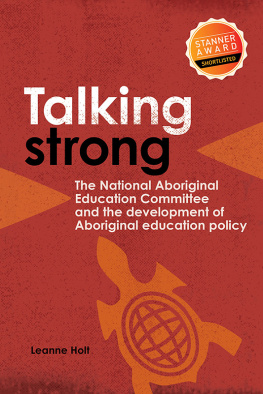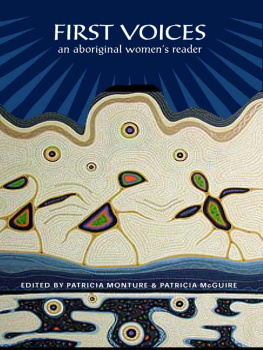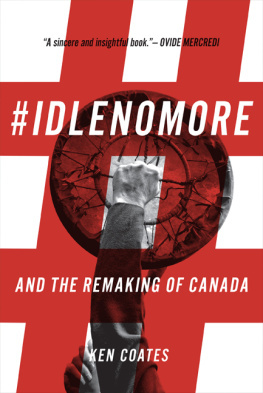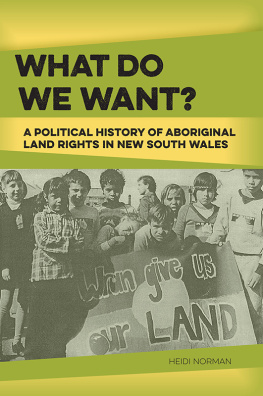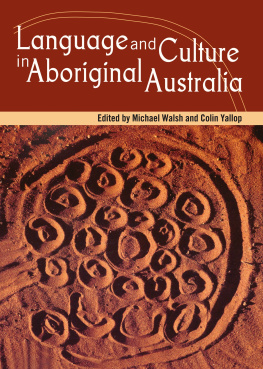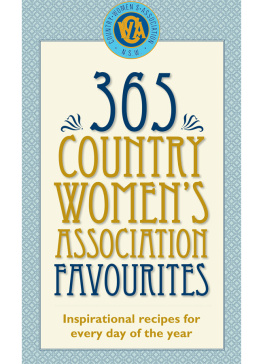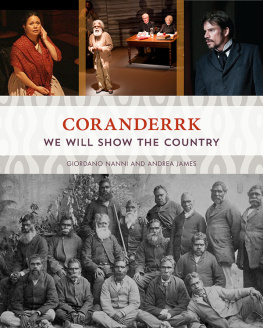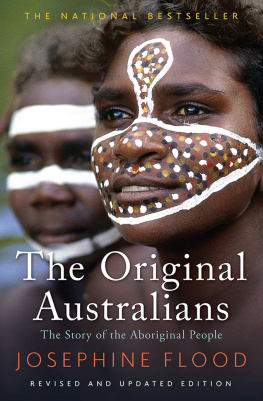This well researched and highly original book shows the leading role of Aboriginal women in asserting Aboriginal identity and modernity in the era of assimilation policy and continuing racial discrimination. Just as importantly, it also demonstrates the willingness of some white women to challenge racism in their local communities. When the two groups of women got together, as they sometimes did in the Country Womens Association, lives were changed. Highly recommended. Professor Ann Curthoys, author of Freedom Ride: A Freedom Rider Remembers
This remarkable history documents the collaborations between Aboriginal and white women in challenging the entrenched racism in the country towns of New South Wales during the mid-decades of the twentieth century. Drawing on untapped archives and oral sources, Jennifer Joness clear and compassionate narrative demonstrates how Aboriginal and white members of the Country Womens Association worked within their local communities to improve living conditions for Aboriginal people. This is an inspiring story of grassroots activism by Aboriginal and white women who were united across the colour bar as they advocated for social change and racial equality. Professor Kate Darian-Smith, University of Melbourne
Jennifer Joness examination of the relationship between the arbiters of rural respectability and good housekeeping, the CWA, and Aboriginal women is a fresh and valuable addition to Australian racial studies. By exploring the quiet activism of Aboriginal matriarchs and the determination of well-intentioned members of the CWA she has exposed the role grassroots movements have played in shaping community attitudes and dismantling the colour bar in rural towns. Her book enriches our understanding of the complexity of race relations in Australia during a period when many were questioning the nations attitude towards its Indigenous people. Dr Christine Cheater, University of Tasmania
The Country Womens Association of NSW has a long and proud history of working to improve conditions for women and children, especially those living in rural and remote areas. Country women and the Colour Bar reveals the important role of the CWA in advancing social change at a time of limited freedoms and rights as well as social exclusion and blatant discrimination for and of Aboriginal people. CWA of NSW continues to welcome women from all cultures and backgrounds. Mrs Tanya Cameron, State President CWA (NSW)
To the Aboriginal and non-Aboriginal members of the Country Womens Association of New South Wales, who collaborated to help overcome the colour bar.Country Women
and the
Colour Bar
Grassroots activism and the
Country Womens Association
Jennifer Jones
First published in 2015 by Aboriginal Studies Press
Jennifer Jones 2015
All rights reserved. No part of this book may be reproduced or transmitted in any form or by any means, electronic or mechanical, including photocopying, recording or by any information storage and retrieval system, without prior permission in writing from the publisher. The Australian Copyright Act 1968 (the Act) allows a maximum of one chapter or 10 per cent of this book, whichever is the greater, to be photocopied by any educational institution for its education purposes provided that the educational institution (or body that administers it) has given a remuneration notice to Copyright Agency Limited (CAL) under the Act.
Aboriginal Studies Press is the publishing arm of the Australian Institute of Aboriginal and Torres Strait Islander Studies.
GPO Box 553, Canberra, ACT 2601
Phone: (61 2) 6246 1183
Fax: (61 2) 6261 4288
Email:
Web: www.aiatsis.gov.au/asp/about.html
National Library of Australia Cataloguing-in-Publication
Title: Country women and the colour bar: grassroots activism and the Country Womens Association / Jennifer Jones.
ISBN: 9781925302967 (paperback)
ISBN: 9781925302912 (ebook: pdf)
ISBN: 9781925302929 (ebook: epub)
ISBN: 9781925302905 (ebook: Kindle)
Notes: Includes bibliographical references and index.
Subjects: Country Womens Association of New South Wales History. Women, Aboriginal Australian New South Wales Attitudes. Women, Aboriginal Australian New South Wales Social conditions. Rural women New South Wales Attitudes. Aboriginal Australians Civil rights New South Wales. Women social reformers New South Wales. New South Wales--Race relations.
Dewey Number: 305.4889915
Front cover: Mrs Tilly Bloomfield with other Country Womens Association representatives at the MurrumbidgeeLachlan handicraft exhibition, 1962. Courtesy Country Womens Association Griffith Branch.
Map of New South Wales with locations of Aboriginal CWA branches. Thanks to Andrew Butt, Planning Program, La Trobe University, Bendigo.
Illustrations (between pp. 142143)
Glossary
| AAF | Aboriginal Australia Fellowship |
| ACWW | Associated Country Women of the World |
| AWB | Aborigines Welfare Board |
| BHC | Baby Health Centre |
| CWA | Country Womens Association |
| FCAATSI | Federal Council for the Advancement of Aborigines and Torres Strait Islanders |
| GNC | Good Neighbour Council |
| GAAO | Griffith Aborigines Assimilation Organisation (later Griffith Aborigines Advancement Organisation) |
| IRA | Immigration Restriction Act |
| MDAWC | Macleay District Aborigines Welfare Committee |
| MIA | Murrumbidgee Irrigation Area |
| NADOC | National Aborigines Day Observance Committee |
| NSL | New Settlers League |
| QCWA | Queensland Country Womens Association |
| RPA | Rate Payers Association |
| SCLC | South Coast Labour Council |
Acknowledgments
Many Aboriginal and non-Aboriginal people have contributed to this work by sharing their stories and experiences in interviews. I owe particular thanks to the Aboriginal and non-Aboriginal members of the Country Womens Association about whom I have written. My thanks also extend to descendants of these women and other community members who generously participated in the research. I am also grateful to the Country Womens Associations of New South Wales and Queensland for allowing and facilitating access to archival sources.
The research and writing of this book was funded by the Australian Research Council (DP0879445) held at The University of Melbourne (200811) and by the Faculty of Humanities and Social Sciences at La Trobe University (201114). I am indebted to my colleagues in the History Program at La Trobe University for the supportive and lively environment in which I teach and research, and also to members of the Bendigo Arts Writing Group for their valued critique. The research was seeded by a University of Melbourne Post-Doctoral award held at the Australian Centre (200405). I owe warm thanks to Kate Darian-Smith and Caroline Jordan for their wise mentorship during these formative years. My grateful thanks to Margaret McDonell, Lisa Fuller and Rachel Ippoliti from Aboriginal Studies Press for their kind professionalism. A version of has previously appeared in


